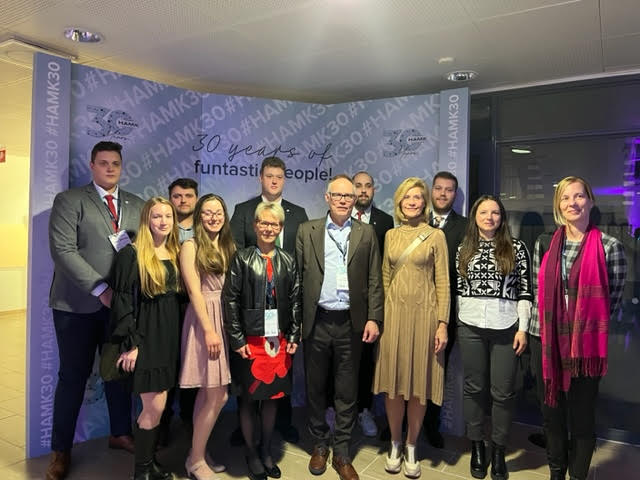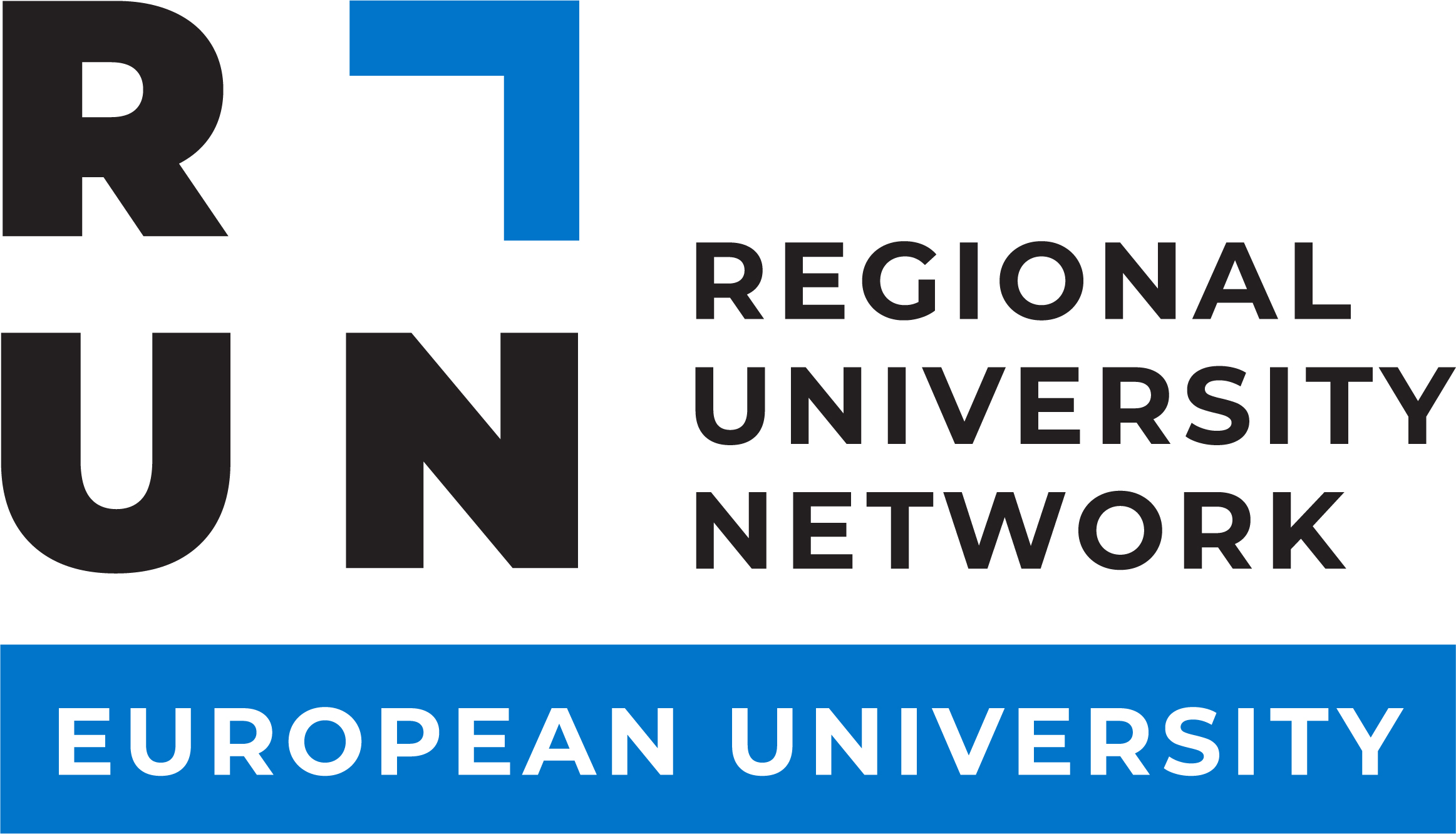RUN-EU: SZE strengthens its international relations in Finland
In the event of a successful EU application, the Regional University Network – European University (RUN-EU), of which Széchenyi István University is a member, may be expanded to include a Belgian and a Spanish university, it was decided at the organisation's event in Finland. The Győr-based institution, which has been steadily strengthening its international relations, has undertaken to contribute to the research and third mission pillar of the consortium's application.
The Regional University Network - European University (RUN-EU) consortium, established in 2020, includes, apart from Széchenyi István University, two Portuguese universities, and one each from Finland, the Netherlands, Austria, Ireland and Finland. The aim of the organisation is to innovate and shape the higher education of the future, to promote physical and virtual exchanges and to develop intensive cooperation between partners. Last week, the consortium held a general assembly and a board meeting at HAMK University in Finland, which were held in parallel with working group meetings and a student week.

The delegation from Széchenyi István University together with Pertti Puusaari, President of HAMK University (fourth from left in the front row) and Heidi Ahokallio-Leppala, Vice President of HAMK University (next to him, on the left).
Dr Eszter Lukács, Vice President for Global Strategy at the University of Győr, explained that taking advantage of the enlargement possibilities assured by the European Union, the decision was taken at the Presidency meeting to allow the Belgian Howest University of Applied Sciences and the Spanish University of Burgos to join the consortium. A key theme of the event, the success of the application, due to be submitted directly to the European Union, is a requisite. According to Dr Lukács, this will consist of an educational, a research and a third mission pillar, with Széchenyi István University
contributing to the latter two by the end of January. In the event that the institution is successful, it also intends to play a significant role in the implementation of the project. She added that the third mission pillar will include the development of business contacts and the dissemination among partner universities of good practices from the Mobilis Interactive Exhibition Centre, which is at the forefront of promoting technical, engineering and scientific professions. If RUN-EU becomes a nine-member consortium, it will also further strengthen the international network of Széchenyi István University.

Emilia Papp, RUN-EU Project Manager at Széchenyi István University, added that the event highlighted the need for a greater involvement of students in RUN-EU’s preparatory and decision-making processes. "Among the most important issues raised were the adaptation of student scholarships to the changing economic environment and the effort to ensure that students - regardless of the partner institution they study at - have equal opportunities to participate in the programmes offered. Other areas for improvement included strengthening and optimising communication and marketing, and involving a leader of the student organisation in operational work, for example in project work packages," she stressed.
Széchenyi István University was also represented at the student week, which ran in parallel with the RUN-EU professional programmes. Dávid Vályi-Nagy, chairman of the University's Student International Affairs Committee, said that during this event students from different universities worked together in teams of five on different aspects of well-being, which they presented to the leaders of HAMK University and RUN-EU representatives. "The exercise made it clear how well-being means different things in different countries. The programme was also useful from the point of view that we made many friendships and established new contacts," said Dávid Vályi-Nagy.











